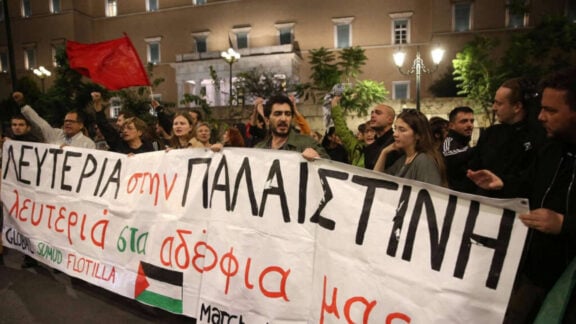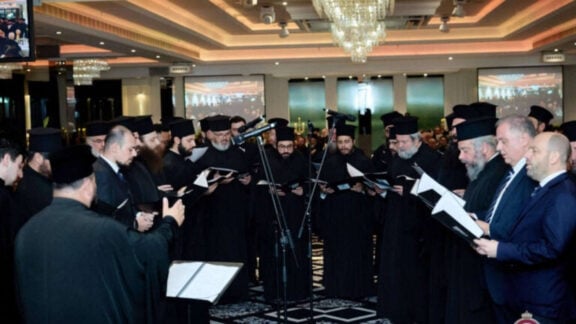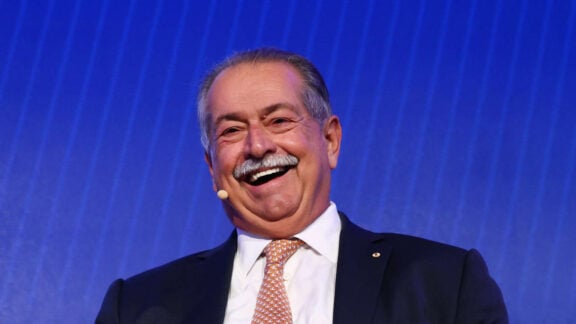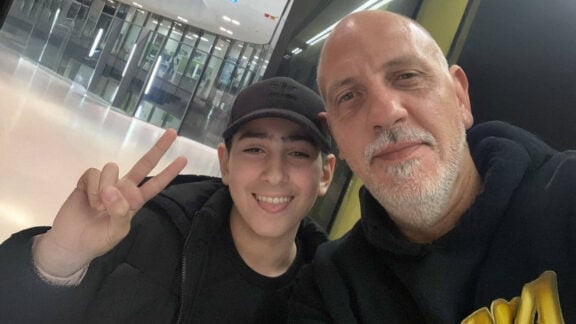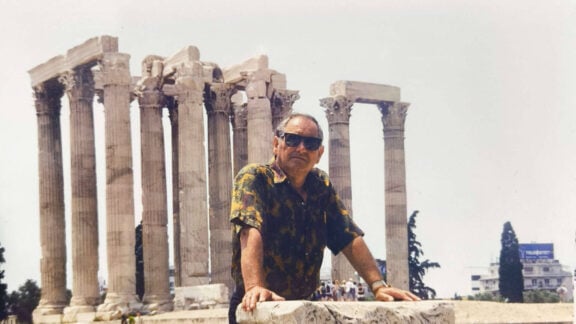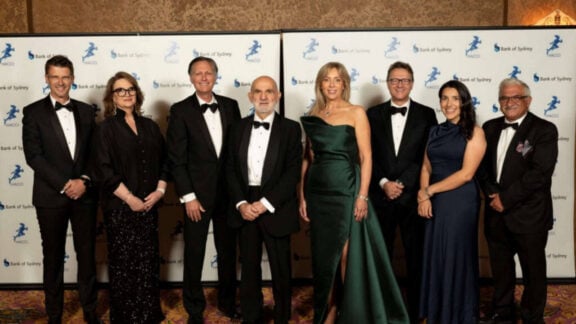Neos Kosmos sought the views of 35 young Greek Australians 18 to 25 years old on their voting intentions on the First Nations Voice to Parliament Referendum held this Saturday, October 14.
Kosmos Samaras from RedBridge Group Australia and former Labor strategist thinks the prospects look “grim for the Yes voice”. He said that those under 30 are more likely to vote ‘Yes’, as are those with a degree, those who spoke another language at home and particularly more recently arrived immigrants.
Of the 35 young Greek Australians Neos Kosmos spoke to, 37.1 per cent were a firm Yes, 5.7 per cent were undecided, while 42.5 per cent were a firm No. Older Australians with no university degree, “generally in this country’s outer suburbs and regions, intend to vote “no”.
A theme among the young Greek Australians who said they would vote ‘Yes’ was to acknowledge Aboriginal and Torres Strait Islander peoples as the original inhabitants of Australia, and the Voice becoming a better means to address challenges in health, employment and education met by many First Nations people.
Young Greek Australians for Yes
One intriguing aspect was the number of young Greek Australians who wanted to remain anonymous which may suggest the poll and arguments surrounding it have become febrile, at worst and uncomfortable for many.
Kosta, (not his real name) a tertiary student, told Neos Kosmos that Aboriginal and Torres Strait Islander people “have a lot of knowledge they can share” with other Australians.
“I also think that everyone has the right to use their voice, and we should listen to what Indigenous people have to say to understand their views on a range of issues and also to learn about their culture and respect it.”
Tash Hortis, from Deakin University, said she will vote yes because” Aboriginal and Torres Strait Islanders should be recognised as First Nations people of Australia.”
“It is about respecting history and honouring our First Nations people. As a third-generation Greek Australian, my family came here and settled, and I am not a First Nations person. However, we must include all Australians and welcome all equally.”
Harry Neroupos, a hospitality worker, will be voting yes.
“It is not the time to stand in the way of progress and reconciliation,” Harry said.
He added that as a person with Greek and Cypriot heritage, he understood “how culture and people feel under occupation and repression.”
“I think the Voice is important to reconciliation with our indigenous communities.”
Another argument favouring Yes was that because our First Nations Australians only make up three per cent of Australia’s population, the Voice would provide them with a genuine platform to be listened to.
Many Yes voters raised a point about ingraining a First Nations Voice in the Constitution, ensuring permanency as a body no future government could dismiss.
Young Greek Australians for No
Those on the ‘No’ side questioned the effectiveness of a Voice to Parliament in dealing with the issues many Aboriginal communities face. Others were hesitant to make any changes to the constitution.
A tertiary student, Harry (not his real name), said the referendum “has caused a considerable divide between non-Indigenous Australians and the Indigenous community”.
“If the community for whom this decision is important, is unable to hold a uniform stance on the referendum, how am I, as an outsider, able to decide,” Harry told Neos Kosmos, adding, “I also think it will widen the inequality gap.”
Some on the No camp argued that too much money was spent on the Referendum, which they felt could have been better spent addressing the issues faced by Indigenous Australians.
A student, Anna (not her name), was a firm ‘No’ and called for a treaty first.
“There has been no legit discussion about the substance of a treaty; the hundreds of millions spent on advertising should have been injected into Aboriginal communities.
“If you wanted to make effective change for indigenous people, make education and housing while studying at university free,” she said.
A common theme was the perceived lack of unity among Aboriginal and Torres Strait Islander leaders over the referendum.

Spiro (not his real name) said First Nations Australians “already have a voice, and there are First Nations people who are telling us to vote no.”
Other No respondents believed Aboriginal and Torres Strait Islander people already have sufficient rights and benefits.
Many on the No side agreed on aspects of the proposal, with one respondent saying they support constitutional recognition but had concerns over the advisory body, as they thought it would be permanent and unelected.
Some voting ‘No’ believed that “race” would be ingrained in the Constitution. One of the ‘Yes’ voters argued against this notion. They said that it was “not about race” but indigeneity and a Voice is about recognising the first inhabitants of this land.
The confusion fog
One shared belief among both ‘Yes’ and ‘No’ voters was that this proposal was unclear and lacked information on what it might look like afterwards.
It is worth noting that in the 1999 Australian Republic Referendum, the last Referendum held in this country, many voted no because they disagreed with the proposed model despite believing in the value of becoming a republic.
The perceived lack of clarity is the most telling, indicating a failure to explain how the Voice would operate correctly. Arguments by the Yes and No campaigns have confused voters, mainly as the issue is not bipartisan and has become politicised.
One encouraging pattern that emerged from the young Greek Australians Neos Kosmos spoke to from both the Yes and No camps was a desire to close the gap between Indigenous and non-Indigenous Australians and a recognition of their unique place as Australia’s First Nations people.
Samaras also picked up that sentiment in his research and, in an interview with Michelle Grattan for the Conversation, said:
“There’s a lot of empathy and compassion there [for Indigenous people], and it doesn’t matter which age groups, which part of Australia we are sitting in and talking to people.”
Whatever the outcome this Saturday, poor communications from the Yes campaign and, most importantly, the absence of bipartisanship may have generated much confusion and hesitancy in many.

